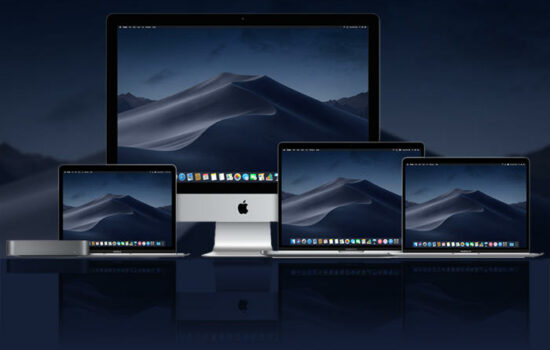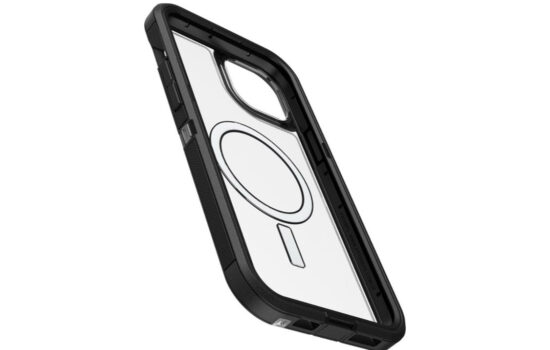Apple published a new Newsroom article today stating that it will start supporting used genuine Apple parts from other Apple devices for customers and independent repair providers.
According to Apple, “Beginning with select iPhone models this fall, the new process is designed to maintain an iPhone user’s privacy, security, and safety, while offering consumers more options, increasing product longevity, and minimizing the environmental impact of a repair. Used genuine Apple parts will now benefit from the full functionality and security afforded by the original factory calibration, just like new genuine Apple parts.”
Moreover, Apple will also use Activation Lock in order “to limit use of parts from lost or stolen devices”. It seems that they will be able to assess the details of a said part in order to determine if it is lost or stolen during the pairing process for the Self-Service Repair program. Apple says, “If a device under repair detects that a supported part was obtained from another device with Activation Lock or Lost Mode enabled, calibration capabilities for that part will be restricted.”
Support for used and genuine biometric sensors will also extend to future iPhone models. To make this even easier, serial numbers will soon not be required for ordering any parts from Apple’s Self-Service Repair store online. However, this will only apply to those orders which do not include a logic board replacement.
Apple being Apple, they clearly thought about this meticulously, to come to a decision that the Settings app on iOS will mention if the part replaced on an iPhone was used or new for better transparency to first owners, as well as second and third owners of the device.
All of these updates to the Self-Service Repair Program are expected to be implemented as soon as this fall.
A Brief History on Self Service Repair:
Apple first announced this program in November of 2021, which debuted in the U.S. a couple of months later in April 2022 for the iPhone 12 and iPhone 13 lineups, along with the iPhone SE (3rd generation). In August 2022, Apple brought support for Self Service Repair to M1-based MacBooks, and later in December 2022, the program was launched in Europe. As expected, in December of 2023, Apple started including support for iPhone 15 models as well as M2 Macs under the Self-Service Repair Program.








